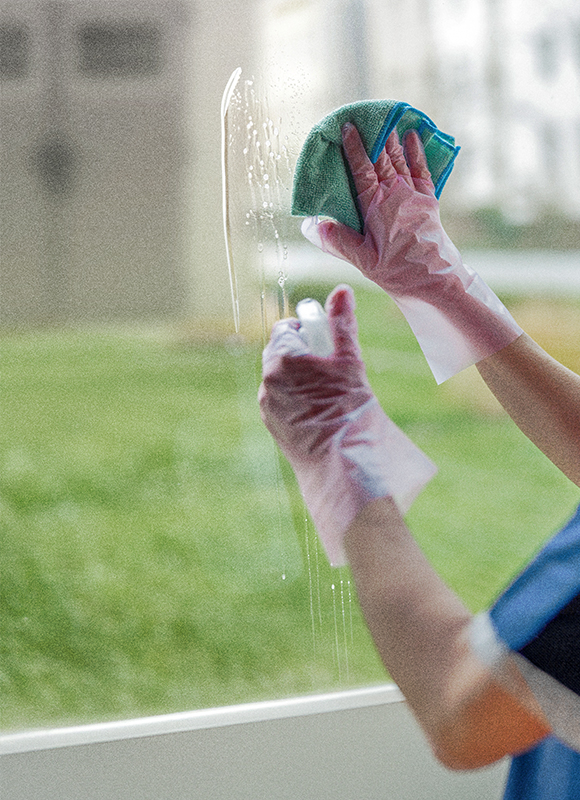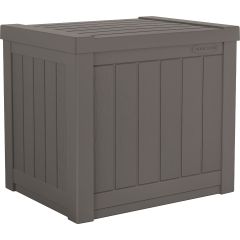Make a Big Impact with Your Small-Space Garden


Gardening in a small space can be easy and rewarding! With the right tools and know-how, you’ll be able to cultivate beautiful and edible plants on your back porch, balcony, or any small space that gets a bit of regular sunlight.


How Can I Maximize a Small Garden Space?
Making the most out of a small space means seeking out tools and equipment that are slim and multifunctional. Having gear that serves more than one purpose frees up valuable space for planting, and built-in storage is a must. A hose reel with space for small tools or a deck box that doubles as seating can make all the difference for your outdoor garden.
Incorporating layers can also help you maximize your space. Consider hanging baskets, window boxes, and planter shelves that allow you to utilize the full vertical potential of your garden, giving you more room to grow without taking up valuable space.


How Do You Plant a Garden with Limited Space?
A good first step in planting any garden—especially a small-space garden—is to scout out your sunlight spots. Check where the sunlight reaches your garden at several points during the day. Not every plant needs all-day sunlight, so make sure that the ones that like a bit of shade have some respite!
Avoid overcrowding your budding beauties, as they will compete for soil, nutrients, sunlight, and water—which means lower yields and less vibrant flowers. When planting, ensure each plant has plenty of room to grow and bloom. Avoid larger plants, like pumpkins and gourds, as they take up lots of space and don’t grow vertically. Compact pepper plants, tomatoes, and even beans are all excellent choices as they grow upwards. Plus, these plants do great in pots and smaller planters.
Herbs are another great choice for small spaces because you can grow a variety of different plants in the same pot. Dry and store your herb harvest and you’ll be able to add some homegrown flavor to your meals year-round!


With Friends Like These!
Companion planting involves choosing neighboring plants with complementary traits. Planting basil next to a tomato plant, for example, will help protect the basil from the sun (just add some mozzarella, and you have the makings of a fresh and delicious Caprese salad!). You can also plant faster-growing plants alongside slower-growing ones to reduce competition for sunlight.
Companion planting can also provide your garden with natural protection from pests. Herbs like thyme, rosemary, or mint can provide shade and shelter for beetles that feed on ground-dwelling pests, while chives and coriander naturally deter aphids. Some plants, such as flowering fennel, will also attract predatory wasps that feed on caterpillars and grubs.
Planting flowers is another great way to support the ecosystem of your small-space garden. Flowers attract pollinators, and you can use the fundamentals of a pollinator garden to increase the yields of your garden, squeezing more delicious vegetables out of the small space. Additionally, flowers can occupy some of the lower-laying soil space around your other plants, taking up valuable space where weeds might otherwise sprout up. Finally, flowers can beautify your space and add color to your garden—who said a vegetable garden couldn’t be fashionable and functional at the same time?
Keeping your garden’s whole ecosphere in mind will help you squeeze the most out of your small space garden!













